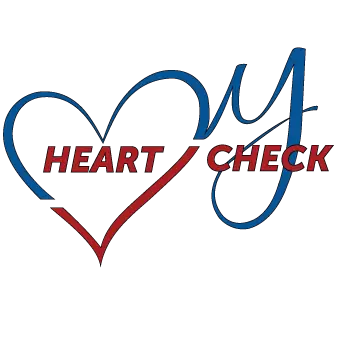Scientists say they were “surprised” to see so many COVID-19 patients with damage and severe dysfunction to their heart.
Coronavirus may have a serious impact on the heart, with more than half of COVID-19 patients revealing abnormal scans, a study suggests.
Researchers at Edinburgh University examined ultrasound scans, known as echocardiograms, of 1,261 patients in hospitals from 69 countries.

They discovered abnormal changes to the way the heart was pumping in 55% of the patients, with around one in seven showing evidence of severe dysfunction.
Around 3% of patients had suffered a recent heart attack.
The majority – 901 patients – had no known heart problems before, leading scientists to conclude that COVID-19 itself, the disease caused by coronavirus, may seriously affect the heart.
Among this group, heart scans were abnormal in 46% of patients and 13% had severe disease.
The scans showed abnormalities were almost evenly split between the left and right chambers of the heart.
Just how common heart damage is in COVID-19 patients is unclear.
The team stressed that all patients in the study were in hospital and had suspected heart complications.
As a result of their scan, one third of patients had their treatment changed, including being given medicines for heart failure, or more careful control of fluids and therapy to support heart function.
Professor Marc Dweck, who led the research, said: “COVID-19 is a complex, multi-system disease which can have profound effects on many parts of the body, including the heart.”
He said many doctors have been hesitant to order echocardiograms for patients with COVID-19 because it is an added procedure which involves close contact with patients.
“Our work shows that these scans are important – they improved the treatment for a third of patients who received them,” he added.
“Damage to the heart is known to occur in severe flu, but we were surprised to see so many patients with damage to their heart with COVID-19 and so many patients with severe dysfunction.
“We now need to understand the exact mechanism of this damage, whether it is reversible and what the long-term consequences of COVID-19 infection are on the heart.”
The study, Cardiovascular Imaging, was funded by the British Heart Foundation (BHF) and published in the European Heart Journal.
Dr Sonya Babu-Narayan, associate medical director at the BHF and a consultant cardiologist, added: “This global study – carried out at the height of the pandemic – shows that we must be on the lookout for heart complications in people with COVID-19 so that we can adapt their treatment if needed.”
